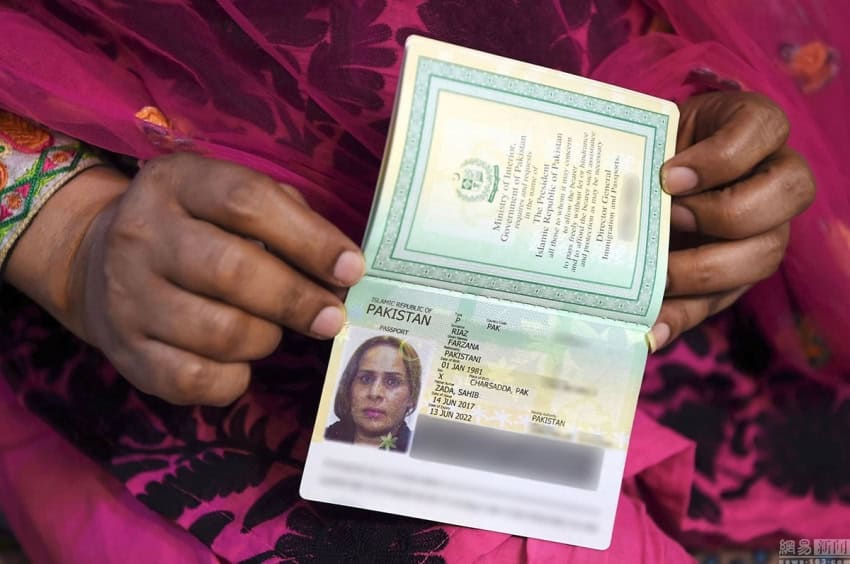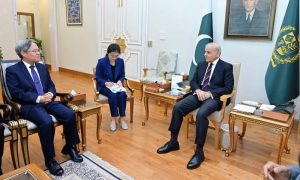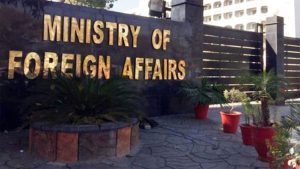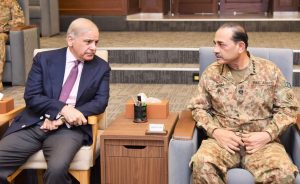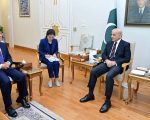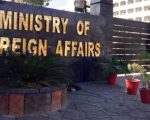The Pakistani government is considering changes to its passport policy for married and divorced women, a senior official announced on Thursday, following a lawyer’s petition challenging the requirement to include a husband’s name on the travel document.
Lawyer Khadija Bukhari highlighted inconsistencies between the policies of the National Database and Registration Authority (Nadra) and the Directorate General of Immigration & Passports (DGIP) regarding married women. While Nadra allows women to retain their father’s name even after updating their marital status on their Computerized National Identity Card (CNIC), the passport authority mandates the change from father’s to husband’s name. Consequently, a woman who hasn’t updated her CNIC to reflect her husband’s name must first obtain a new CNIC before being issued a passport.
Bukhari explained that she initially included her husband’s name in her CNIC data for marriage registration with Nadra but later chose to retain her father’s name in the secondary column of her CNIC. This posed no issue with Nadra. However, upon attempting to renew her passport, she encountered a problem. The passport office informed her that her CNIC was not updated to reflect her marital status, thus preventing passport renewal.
“They said, ‘We cannot renew your passport because your CNIC has not been updated,'” Bukhari recounted. “By that, it was meant that ‘You’re supposed to be the wife of someone; you cannot remain a daughter if you want to get a passport. So first go back to Nadra, get your CNIC changed to reflect that you are the wife of someone, and then we will process your application.’”
Bukhari argued that if Nadra permitted women to retain their father’s name, the passport authority should align its policies accordingly. Immigration and Passports Director-General Mustafa Jamal Kazi explained to Arab News that it is currently a “legal requirement” for a married woman to have her husband’s name on her passport. This is because passports, unlike CNICs used domestically, must comply with international agreements.
“These rules are driven by an act of parliament, and the secretary interior has constituted a committee under his chairmanship to resolve this issue. The committee will review the passport policy concerning the condition that a married woman’s passport must bear her husband’s name instead of her father’s name,” Kazi said.
The committee’s task is to address the discrepancies between Nadra’s policies and those of the passport authority regarding married women. Kazi suggested that a potential solution, which he plans to present to the government committee, could be to add a column in the passport to include the name of a woman’s ex-husband, especially if he is the father of her children, in the case of divorce.
“We need all the details in our database because for international verifications, different countries send the data of Pakistani citizens to us, and we need to verify every aspect,” he explained. “Therefore, we need all the information, and concealing facts can cause problems for them [women] at a later stage.”
The proposed changes aim to streamline the process and address the concerns of married and divorced women regarding their identification and travel documentation, ensuring that their rights and identities are respected and accurately represented.

